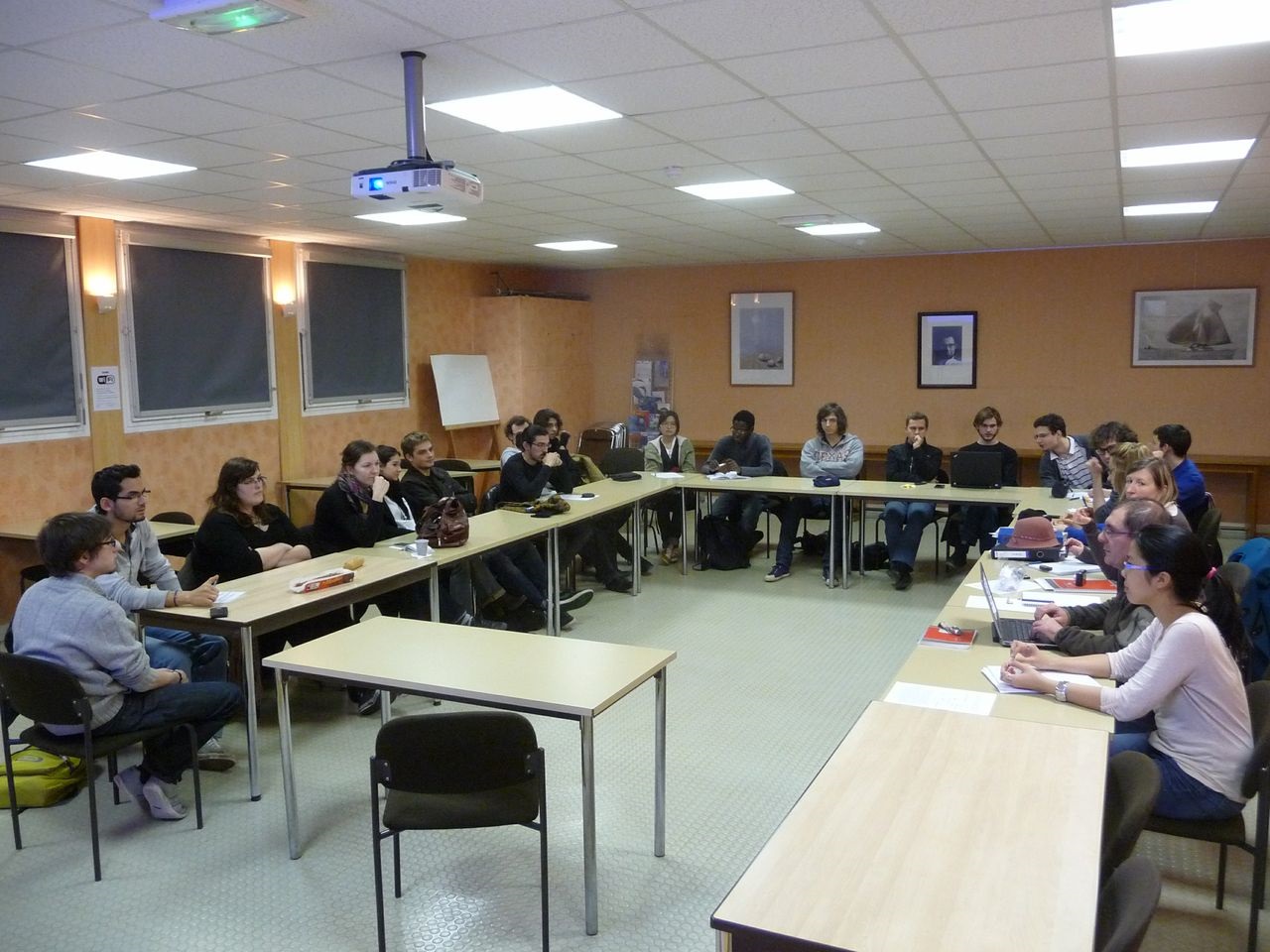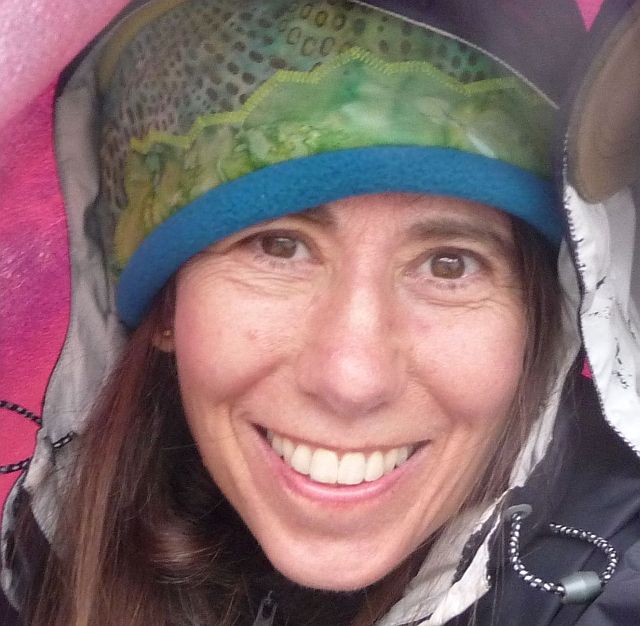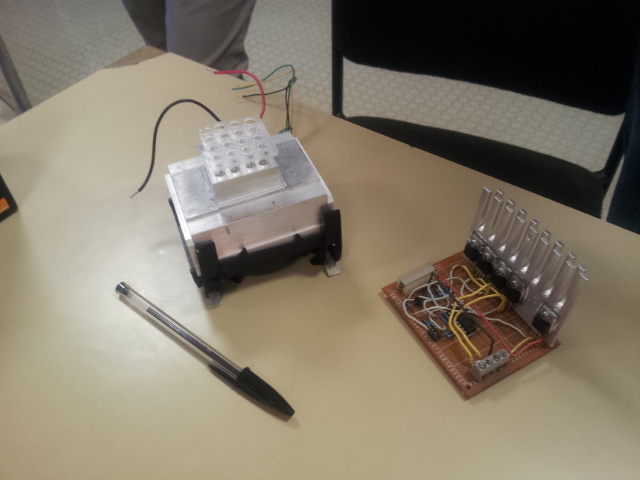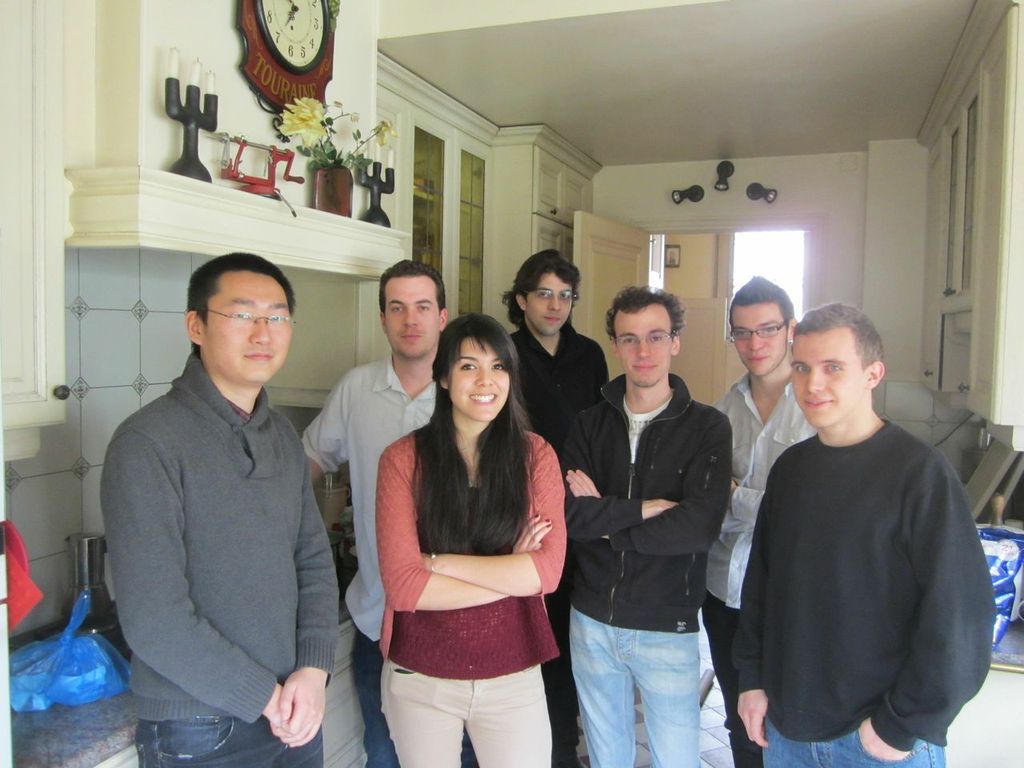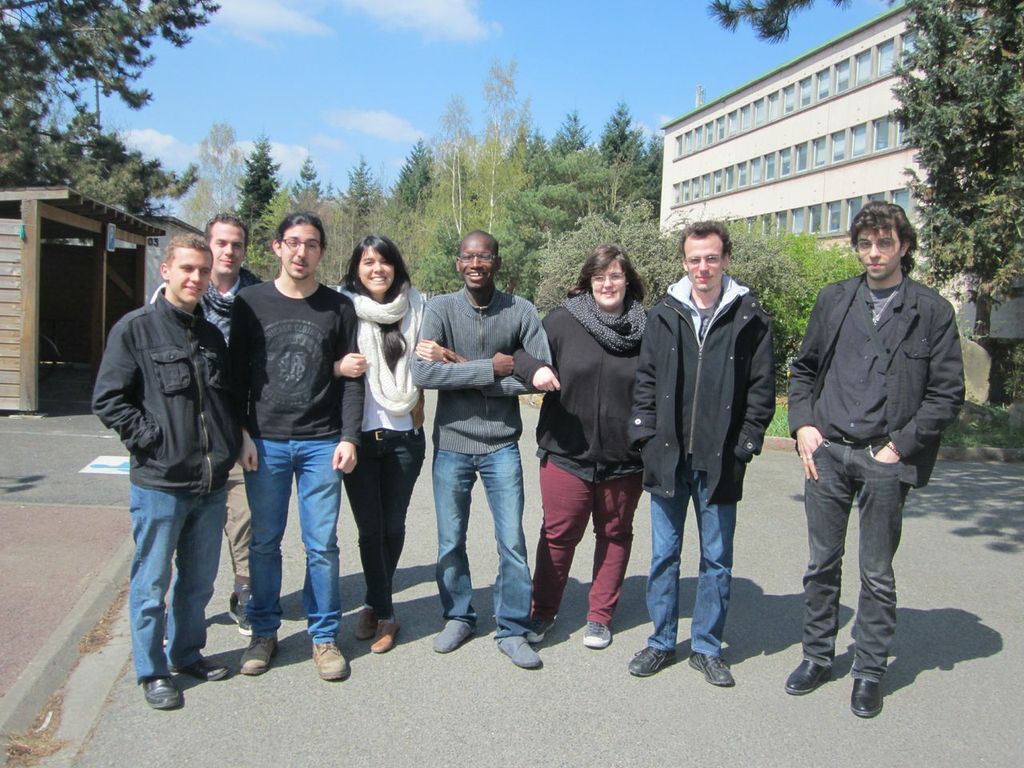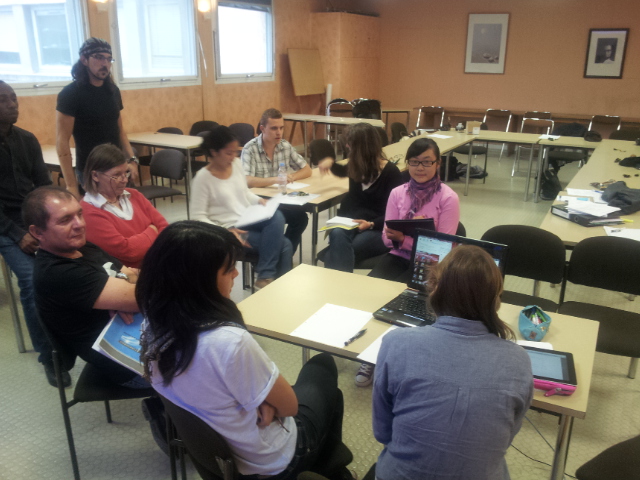Team:Paris Saclay/Open source
From 2013.igem.org
Contents |
Reflection on the Open Source concept
As part of our reflection on our participation to the iGEM competition and on the future of synthetic biology, we decided to work on the Open Source concept and on its impact in our society. Our work was divided in three parts.
- Discussion about the open source concept during small meetings we organised
- Interview of Ellen Jorgensen (co-founder and president of Genspace) about her views regarding open source in biology
- Development of a new open source PCR thermal cycle project.
Reflections on the Open Source concept
We organized meetings in which two or three of us presented a specific aspect of Open Source: what is open source, what is the place of the open source synbio in our economy, what comparison we can make between computer science and synbiology, what are the risks of biohacking.... After each presentation we debated, and we hightlighted the important questions we wanted to broach. A report on the different meetings we had is available here: .
Our conclusion
We learnt and discussed about the definiton of the open source in computer science, of its history. We tried to make a comparison between open source in software and in synthetic biology. We debated about the advantages and disadvantages of this type of system. We learnt a lot about the historic biologic attacks and about the global democratization of science. According to us, the application of the open source in biology is not for today, patents and firms have the monopoly. But it is certain that a new movement is being born, students and non scientific people have more and more access to information thanks to the internet. We can not deny the power of the democratization of science.
This reflection prepared us to the interview of Ellen Jorgensen.
Interview of Ellen Jorgensen
To further enrich our reflection on Open Source, we decided to interview Ellen Jorgensen about her views on Open Source in Biology. Ellen Jorgensen is the co-founder and president of Genspace (http://genspace.org/), a nonprofit organization dedicated to promoting citizen science and access to biotechnology.
Our conclusion
Thanks to this interview, we learnt more about genspace and about the motivation of people who participate to this movment. People from a wild diversity of field can experiment, can learn more about synBio, and build innovative projects. Experiments are controlled and secured, it is an important difference in comparaison with some biohakers in their garage. We think that this reglementation shows a mature reflection about the open source in synthetic biology : everyone can make it, but security is the most important thing. After the interview we discussed about the question of DNA property : can we put personal DNA on the internet, can we modified every DNA or can we talk about DNA property (can DNA or its sequence belong to someone or a company?)?
We would like to thanks Ellen for answering to our questions. It was a great moment.
The Open Source thermal cycler project
Our team decided to participate to the development of open source biology by designing an Open Source thermal cycler, the PSPCR. We have created a PCR thermal cycler, trying to keep its price as low as possible (about 30€,i.e. $40) and therefore using salvaged materials and common tools. The PSPCR is the good example of the positive consequences of the development of Open Source in synthetic biology : everyone can make it, improve it and share it. The goal of this project was to share with other iGEM teams the PSPCR and to use it like a basic tool that could be improved.
Some parts of this project were carried out at the Electrolab in Nanterre (near Paris)
Photos of our meetings and of the human practice team:
Writing by Caroline and Damir
 "
"
